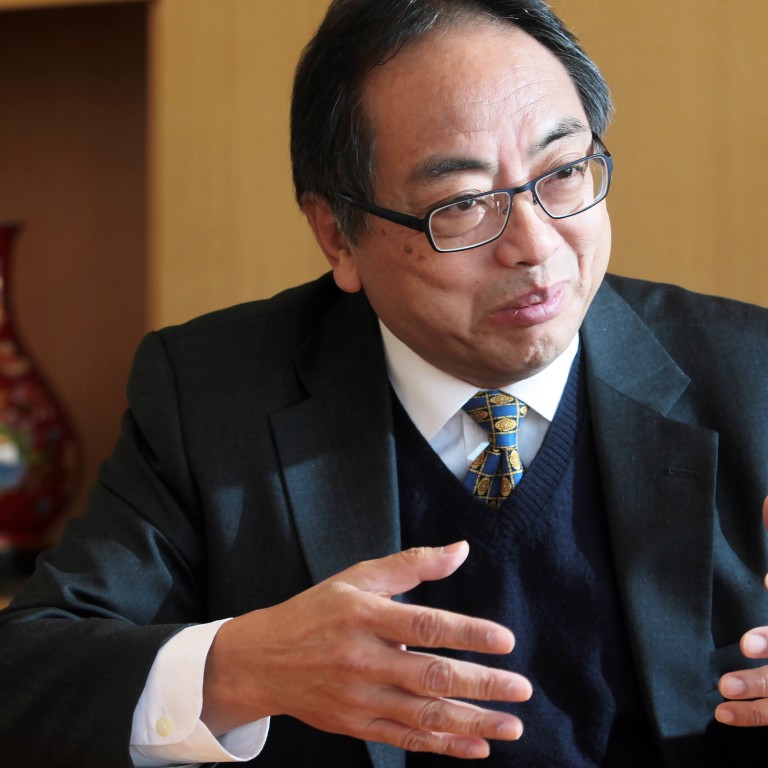
Give tax breaks to Hong Kong firms that invest in technology: Tung Chee-hwa think tank
Relaxing restrictions on granting funds to local research and development projects also among series of recommendations from the Our Hong Kong Foundation
Businesses should get tax incentives to invest in innovative technology and create jobs for scientists, a think tank founded by former chief executive Tung Chee-hwa has proposed in a study.
The government should also relax restrictions on granting funds to local research and development projects, Professor Tsui Lap-chee, a former University of Hong Kong vice-chancellor who led the study, told the Post.
The ideas are among a series of recommendations the Our Hong Kong Foundation will offer when it issues its second major policy proposal today.
It said the city had invested too few resources into the technology sector – only 0.7 per cent of the city’s GDP – compared with around 2 per cent in mainland China and European countries. In Shenzhen, the gap is even more stark as the neighbouring mainland city has poured 4.5 per cent of its GDP into technology.
The Hong Kong government is only putting about HK$9.9 billion in innovation and technology, accounting for around 0.4 per cent of expenditure.
“The development of innovative technology in the city is lagging way behind compared to other developed places,” Tsui said. “The economy of Hong Kong is dominated by economics and financial services. We hope that the government will increase its support towards innovative technology, and develop the sector into a healthy eco-system.”
Tsui, a renowned international scientist, explained that businessmen lacked incentives to push them into innovative technology development, and very few of them manufactured innovative products.
As for students, many did not find being a scientist attractive as their career paths were limited.
Tsui said the government should learn from Singapore, which offers a range of loans, incentives and financial assistance, to attract foreign investors.
The report will also call on the government to review the operation of two of its fund-granting bodies, the Innovation and Technology Fund (ITF) and the Research Grants Council (RGC).
“Sometimes ITF and RGC funded different but similar research projects. They should have more communication with each other,” Tsui said.
He said the government should also fund the indirect cost of science projects, such as the facilities, equipment and other necessities – a burden that currently falls on universities.
The foundation, formed last year, released its first policy proposal last month on the housing problem. It proposed reforming the city’s subsidised housing schemes to help at least 80 per cent of families own their homes.

